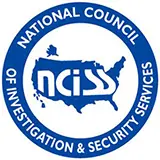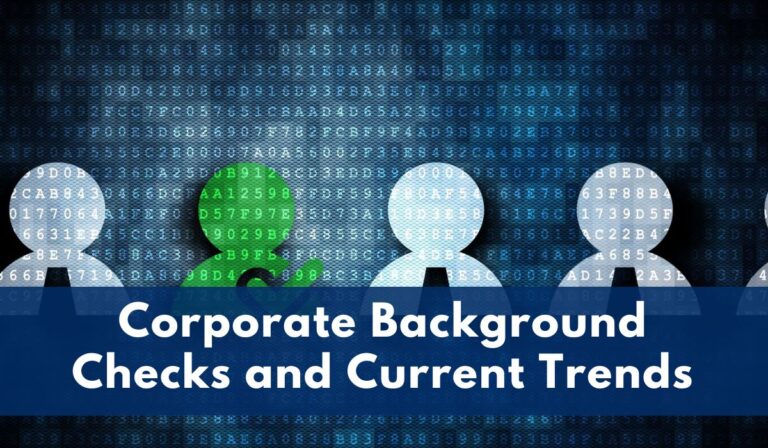Monitoring leave of Absence Abuse: A recent decision from the 6th Circuit in the matter of in Seeger v. Cincinnati Bell may change the landscape of HR absence related investigations and the ability of employers to better defend their use of investigative techniques to protect themselves from employee related fraud. In the Seeger case, the employer
After completing their investigation, the employer suspended Seeger and ultimately fired him for “disability fraud,” stating that he had “over-reported” his symptoms to avoid the part-time light-duty work that the company’s paid-leave policy required. Seeger sued, claiming retaliation for taking FMLA leave. He reported that his doctor directed him to engage in some limited physical activity that the company learned of during the investigations and that the company should be held liable for firing him for doing what his doctor prescribed.
The question, the court said, was not if Seeger actually committed fraud, but if the company “reasonably and honestly” believed that he did.
Based on the thoroughness of its investigation, the court said the company met was protected under the “honest belief rule”:
As long as an employer has an honest belief in its proffered nondiscriminatory reason for discharging an employee, the employee cannot establish that the reason was pretextual simply because it is ultimately shown to be incorrect. An employer has an honest belief in its reason for discharging an employee where the employer reasonably relied on the particularized facts that were before it at the time the decision was made.









